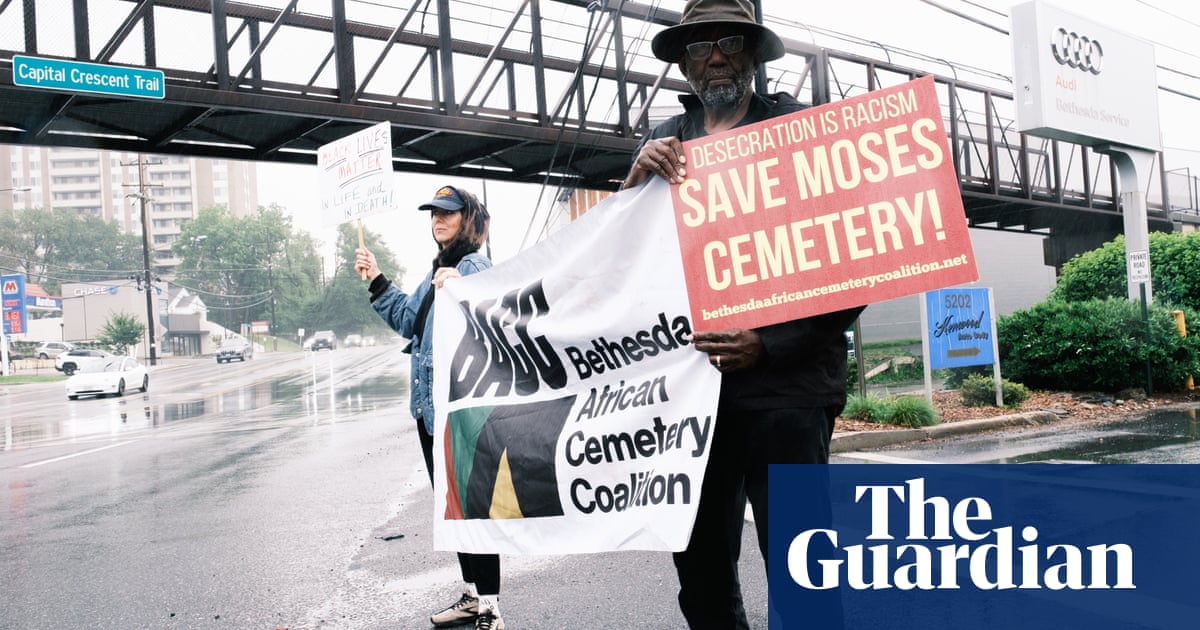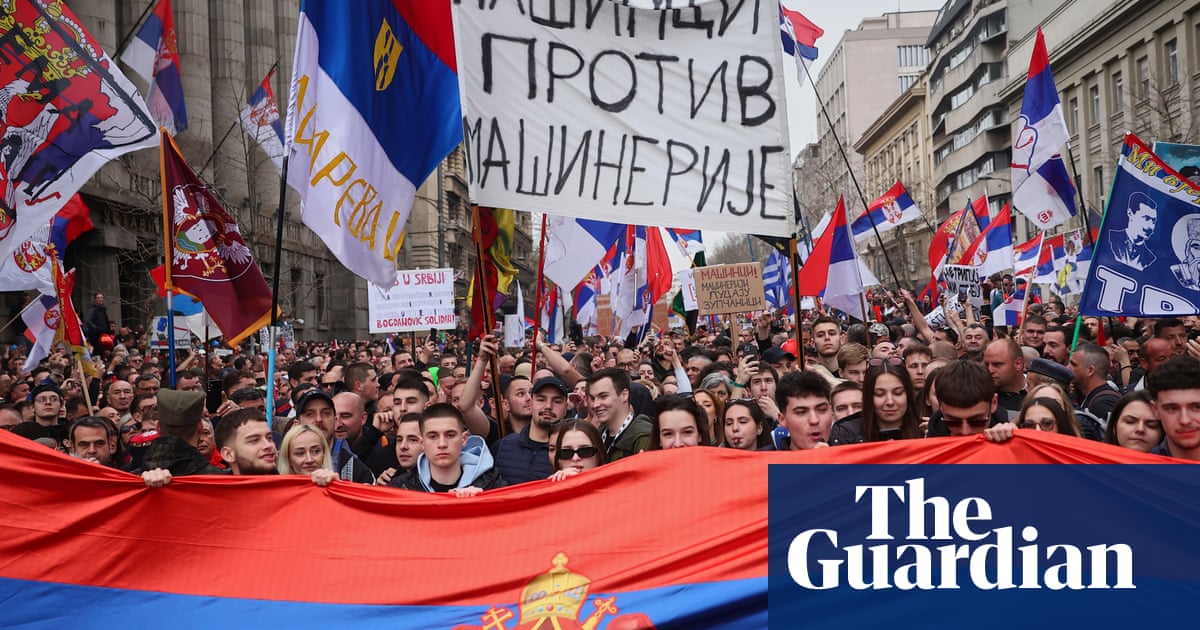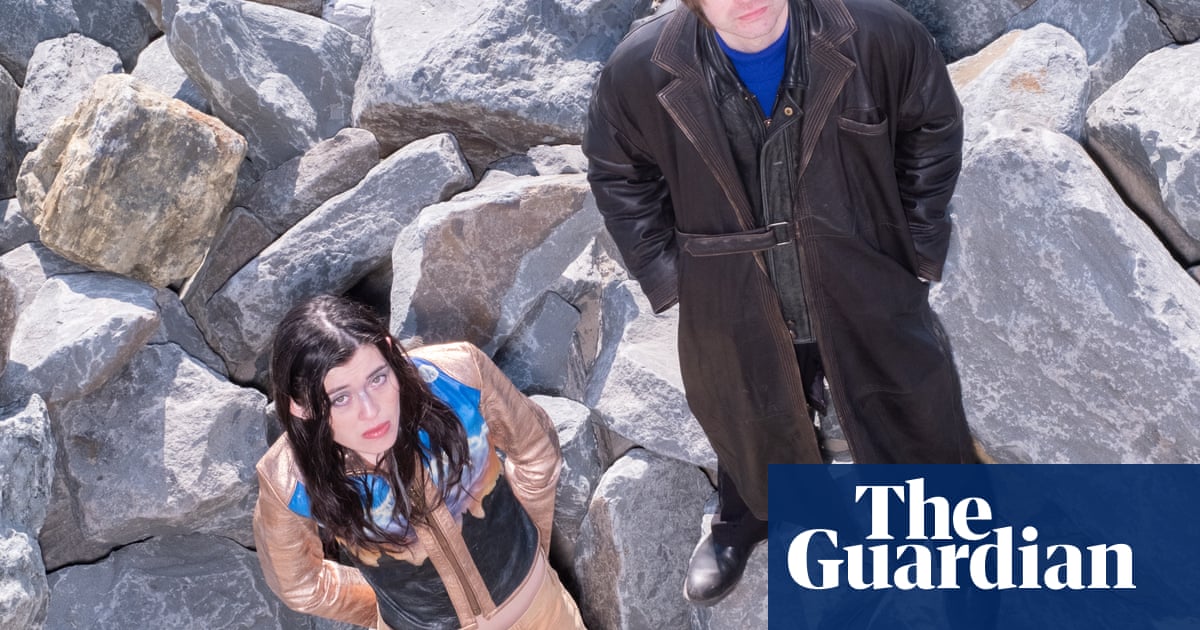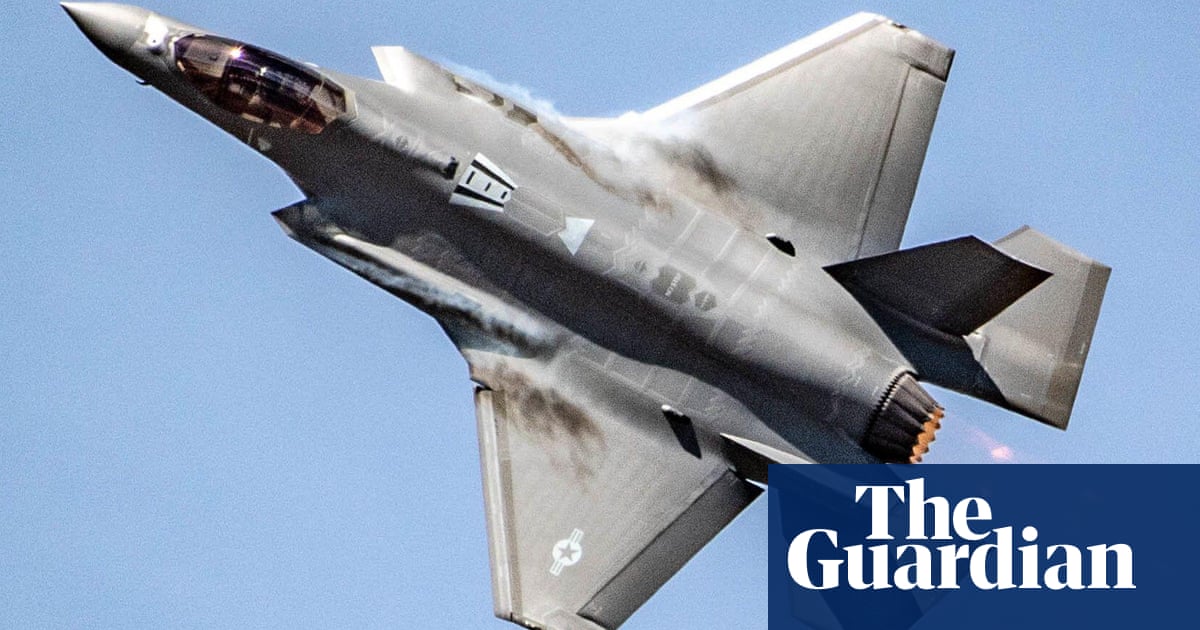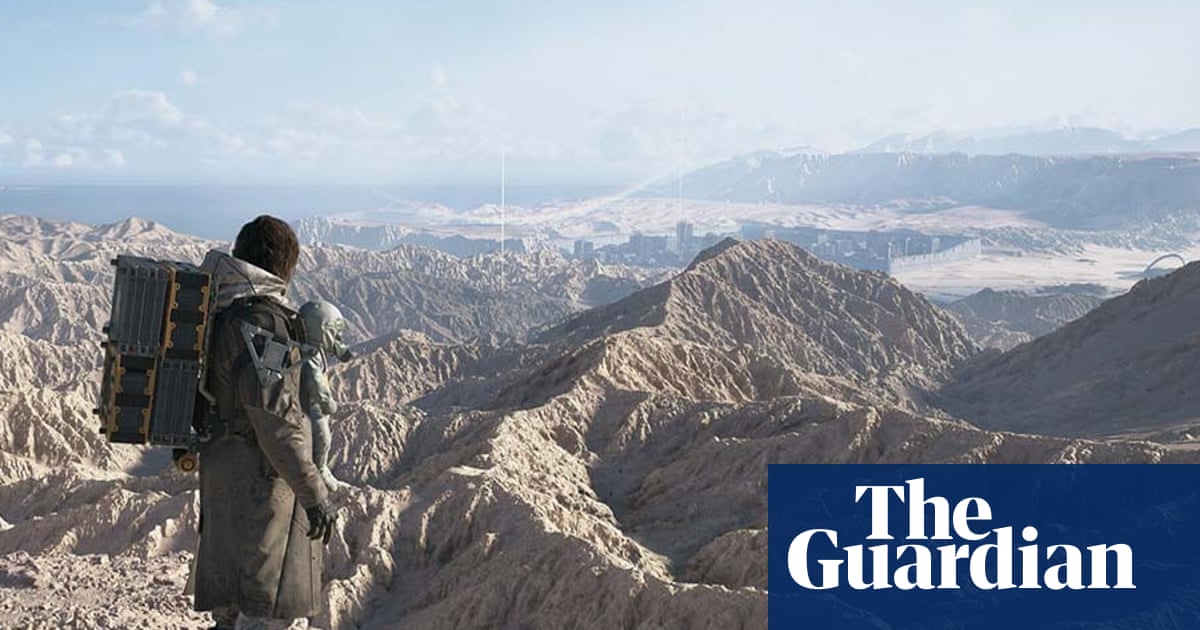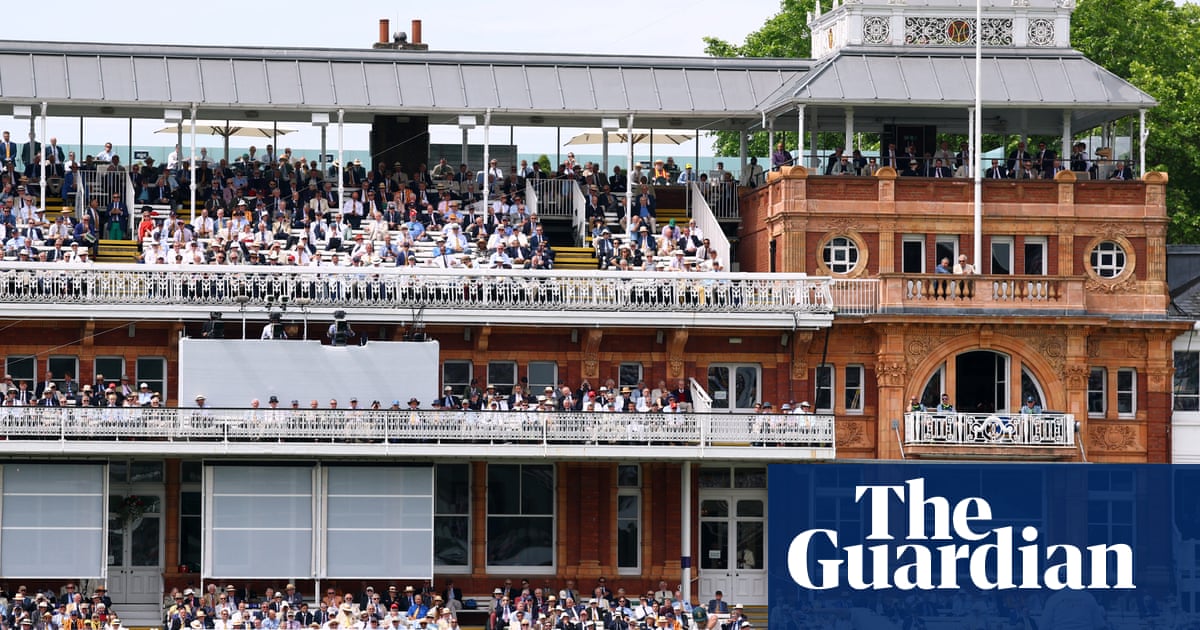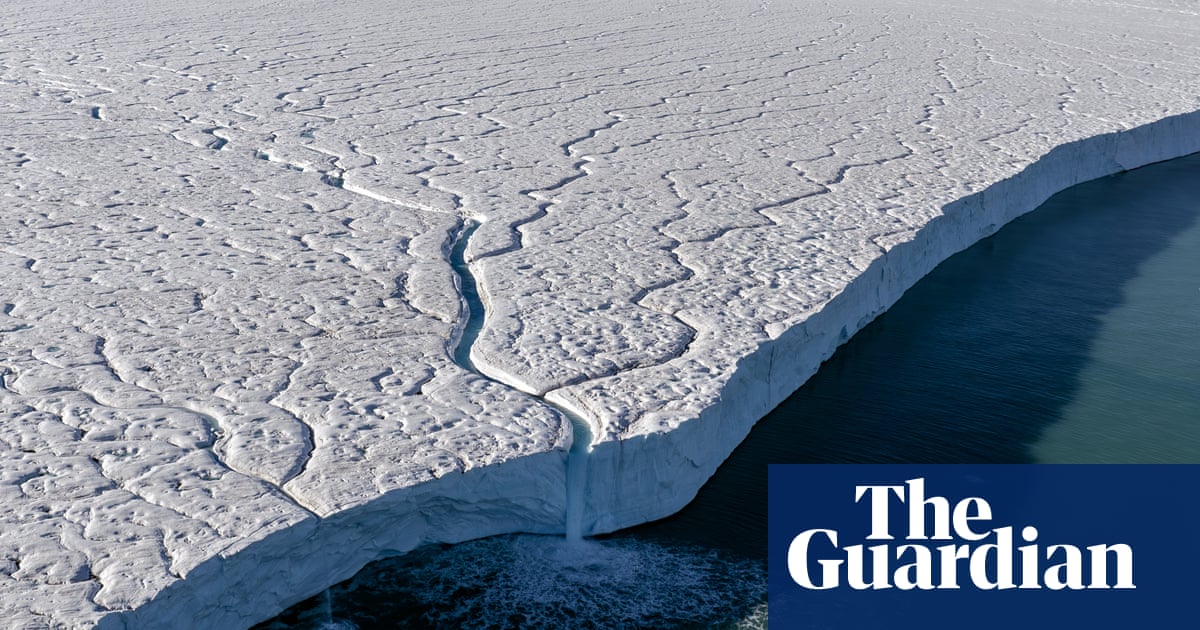Trump likens US air strikes on Iran to atomic bombing of Hiroshima
Donald Trump also likened the US strikes on Iran to his country’s decision to drop atomic bombs on Japan in the second world war.
Speaking at The Hague, Trump said: “They spent trillions of dollars trying to do this thing, and they didn’t come up with it, and we’re actually getting along with them very well right now.
“But had we not succeeded with that hit? That hit ended the war. That hit ended the war. I don’t want to use an example of Hiroshima, I don’t want to use an example of Nagasaki, but that was essentially the same thing that ended that war. This ended that, this ended that war. If we didn’t take that out, they would have been they’d be fighting right now.”
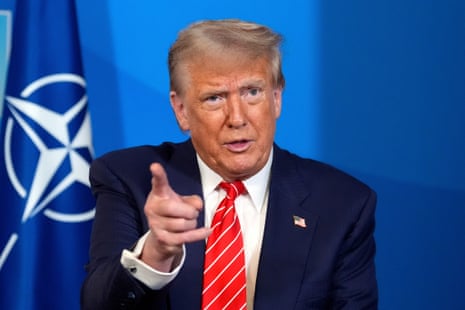
Key events Show key events only Please turn on JavaScript to use this feature

Julian Borger
According to Israeli government-run Kan Radio, IDF Spokesperson Brig. Gen. Effie Defrin said Operation Rising Lion yielded significant achievements and struck a serious blow to Iran’s nuclear program.
“We met all the goals for the operation that were spelled out for us. Even better than we expected. I say this with all due modesty, because it is still too early to draw conclusions”, he said.
“We are [still] investigating and checking things out. [But I can say that] the IDF Intelligence Directorate and the IAF intelligence branch have proven themselves to be accurate these past few weeks. I can say right now that the estimate is that we struck a significant blow to [Iran’s] nuclear infrastructure. I can say that we pushed them years backward.”
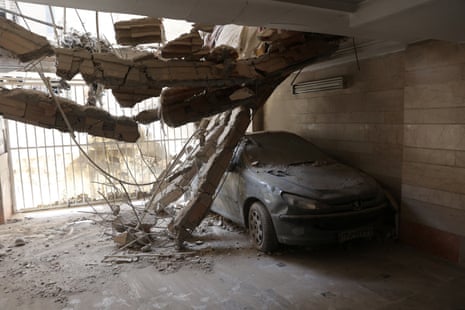
Iraqi authorities said they arrested a political commentator on Wednesday over a post alleging that a military radar system struck by a drone had been used to help Israel in its war against Iran.
After a court issued a warrant, the defence ministry said that Iraqi forces arrested Abbas al-Ardawi for sharing content online that included “incitement intended to insult and defame the security institution”.
In a post on X, which was later deleted but has circulated on social media as a screenshot, Ardawi told his more than 90,000 followers that “a French radar in the Taji base served the Israeli aggression” and was eliminated.
Early Tuesday, hours before a ceasefire ended the 12-day Iran-Israel war, unidentified drones struck radar systems at two military bases in Taji, north of Baghdad, and in southern Iraq, officials have said.
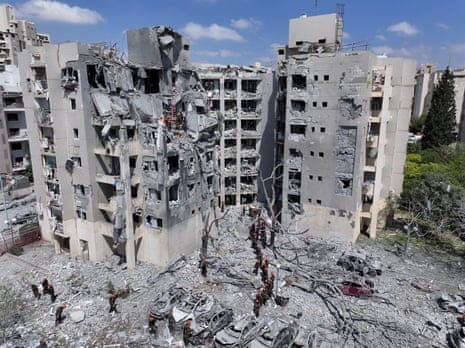
Iran executed three more prisoners on Wednesday over allegedly spying for Israel, its state-run IRNA news agency reported, the latest hangings connected to its war with Israel.
Iran identified the three men as Azad Shojaei, Edris Aali and Iraqi national Rasoul Ahmad Rasoul.
Iran is one of the world’s top executioners. After the brutal 1980s Iran-Iraq war, Iran carried out the mass execution of thousands of political prisoners and others, raising concerns among activists about a similar wave coming after the war with Israel.
The hangings happened in Urmia Prison in Iran’s West Azerbaijan province.
The International Atomic Energy Agency (IAEA) did not immediately comment on the Iranian parliament’s approval of the bill to suspend cooperation with the nuclear watchdog.
IAEA chief Rafael Grossi said on Wednesday he was seeking the return of inspectors to Iranian sites including the plants where it was enriching uranium until Israel launched strikes on June 13.
The full extent of the damage done to nuclear sites during the Israeli attacks and US bombing of underground Iranian nuclear facilities is not yet clear.
“I think that our view on our nuclear programme and the non-proliferation regime will witness changes, but it is not possible to say in what direction,” Foreign Minister Abbas Araqchi told Qatar’s Al-Araby Al-Jadeed this week.

Israel’s defence minister on Wednesday designated Iran’s central bank a “terror organisation”, saying the move was aimed at halting financing for Iran-backed militant groups the day after a ceasefire between the two foes took hold.
Minister Israel Katz “signed a special order designating Iran’s central bank, two additional Iranian banks (and) an Iranian armed forces-affiliated company... as terror organisations,” a statement from his office said.
“Part of Israel’s broader campaign against Iran”, the move aimed “to target the heart of the Iranian regime’s terror financing system, which funds, arms and directs terror throughout the Middle East”, it added.
The Kremlin said on Wednesday that it thought it was too early for anyone to have a realistic picture of damage inflicted on Iran’s nuclear facilities by US airstrikes.
Kremlin spokesman Dmitry Peskov was responding to a question about damage assessments offered by President Donald Trump who has suggested that the US attack obliterated Tehran’s nuclear programme.
Peskov said that Moscow viewed the attacks on Iran as unprovoked and the situation as concerning.
Russia had indications that Washington and Tehran had open communications channels though, he said, and Moscow was closely monitoring developments and still talking to Iran itself.
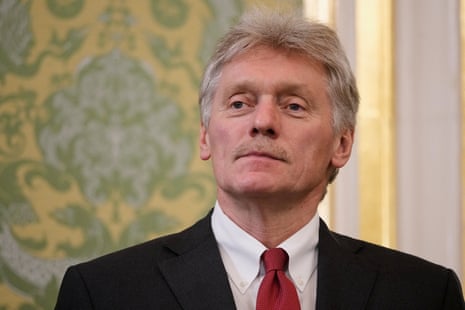
Trump likens US air strikes on Iran to atomic bombing of Hiroshima
Donald Trump also likened the US strikes on Iran to his country’s decision to drop atomic bombs on Japan in the second world war.
Speaking at The Hague, Trump said: “They spent trillions of dollars trying to do this thing, and they didn’t come up with it, and we’re actually getting along with them very well right now.
“But had we not succeeded with that hit? That hit ended the war. That hit ended the war. I don’t want to use an example of Hiroshima, I don’t want to use an example of Nagasaki, but that was essentially the same thing that ended that war. This ended that, this ended that war. If we didn’t take that out, they would have been they’d be fighting right now.”

Pope Leo XIV urged the warring sides in the Israel-Iran war to “reject the logic of bullying and revenge” and choose a path of dialogue and diplomacy to reach peace as he expressed solidarity with all Christians in the Middle East.
Speaking at his weekly Wednesday general audience, the American pope said he was following “with attention and hope” recent developments in the war. He cited the biblical exhortation: “A national shall not raise the sword against another nation.”
A ceasefire is holding in the 12-day Iran-Israel conflict, which involved Israel targeting Iranian nuclear and military sites and the US intervening by dropping bunker-buster bombs on Iranian nuclear sites. Iran has long maintained that its nuclear program is peaceful.
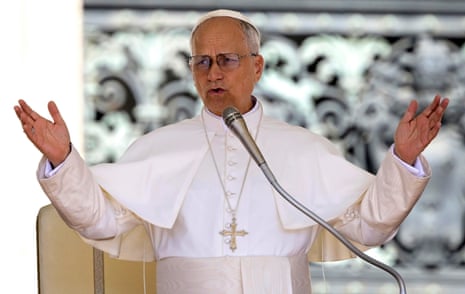
US President Donald Trump also said on Wednesday that the intelligence following the strikes on Iranian nuclear sites was inconclusive, but suggested the damage could have been severe.
“The intelligence was very inconclusive. The intelligence says we don’t know. It could’ve been very severe. That’s what the intelligence suggests,” Trump told reporters ahead of meeting with world leaders at a NATO summit.
“It was very severe. There was obliteration,” he added. In the same remarks, he had said the attack on Iran had been “devastating”.
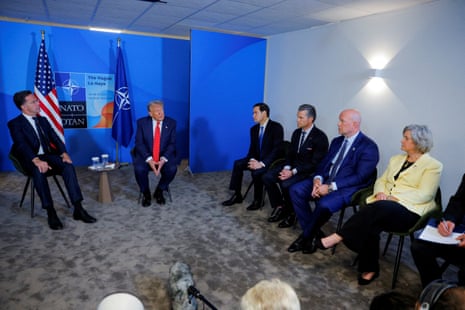
Donald Trump has called US strikes on Iran “a devastating attack”, as he reiterated his criticism of media outlets which reported Iran’s nuclear programme had not been set back more than by a few months.
The US President, speaking at the Hague, said: “Nobody talks about this, we shot 30 Tomahawks from submarines – in particular one submarine that was 400 miles away – and every one of those Tomahawks hit within a foot of where they were supposed to hit, took out a lot of building that Israel wasn’t able to get.
“This was a devastating attack and it knocked them for a loop and you know if it didn’t they wouldn’t have settled.”
US secretary of defence Pete Hegseth added that the damage in Iran is “moderate to severe” and said the FBI is investigating nuclear sites leaks. He said leakers had characterised the attack in a way that was “completely false”.
US secretary of defence Pete Hegseth says the damage in Iran is "moderate to severe".
He added that the FBI is investigating nuclear sites leaks. pic.twitter.com/K700WV7al3
As the fragile Iran-Israel truce took hold, there was no letup in Turkey’s diplomatic efforts on Wednesday to prevent any return to a conflict fraught with risk for Ankara’s domestic and regional policies.
Hours after US President Donald Trump announced the ceasefire, Turkey’s President Recep Tayyip Erdoğan met him for talks on the sidelines of a Nato summit for their third conversation in 10 days.
Erdogan’s “intensive diplomatic efforts” to curb the conflict also involved calls with Russia’s Vladimir Putin, Iran’s Masoud Pezeshkian and top Middle Eastern leaders.
“Turkey has been trying very hard to de-escalate the situation, but it’s not seen as a credible mediator, neither by Iran nor by Israel,” Gonul Tol of the Washington-based Middle East Institute told AFP.
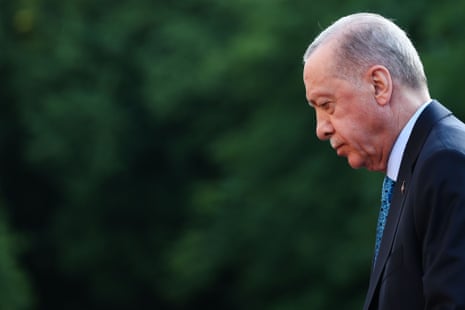

 7 hours ago
5
7 hours ago
5










